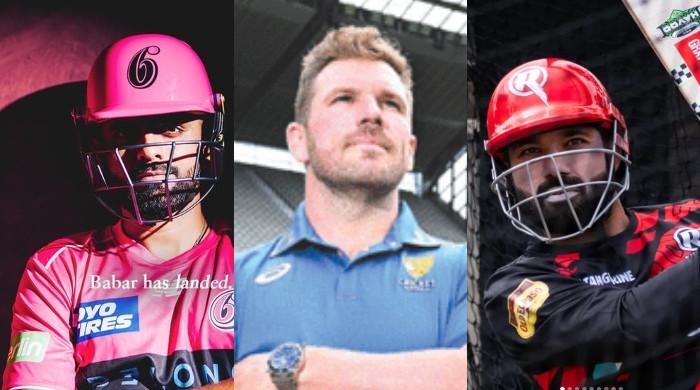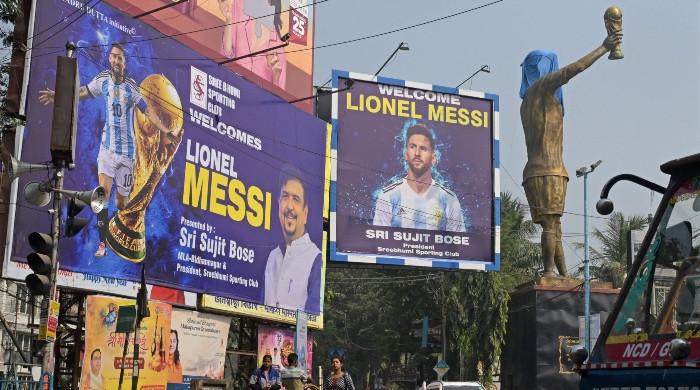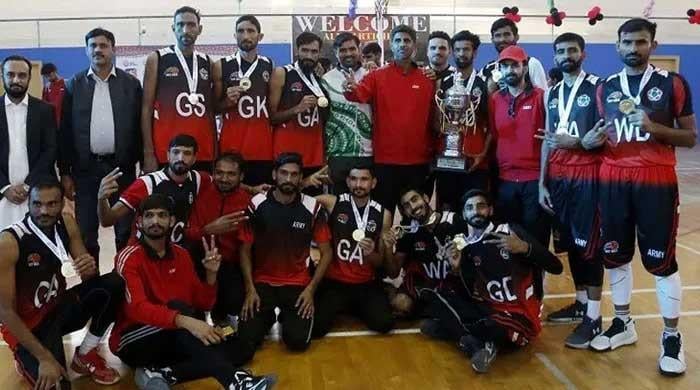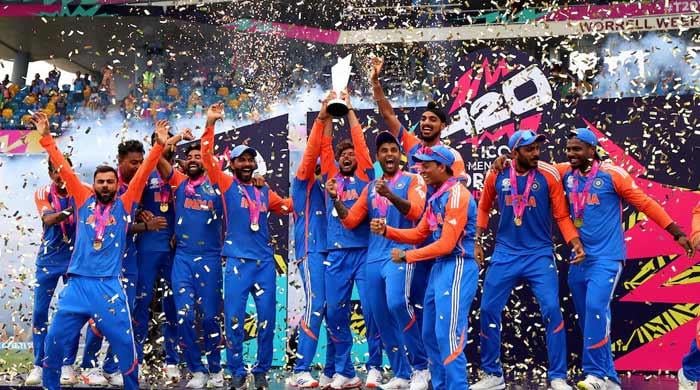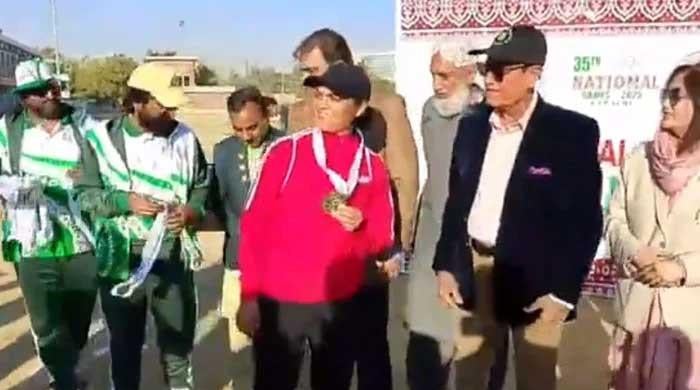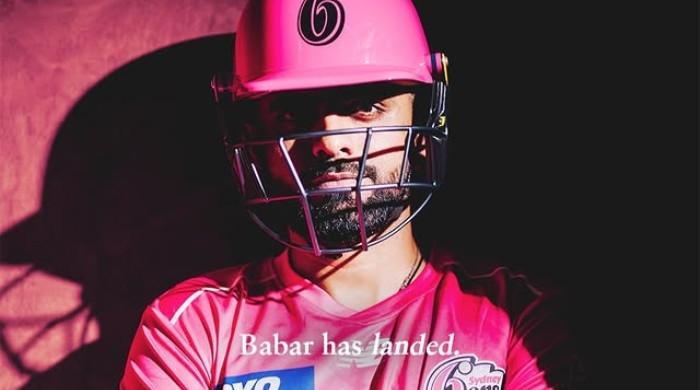How PSL 2017 spot-fixing scandal was exposed?
The UK police's work led to the uncovering of an attempted spot-fixing in the BPL in 2016, and a successful spot fixing in the PSL in 2017
December 04, 2019
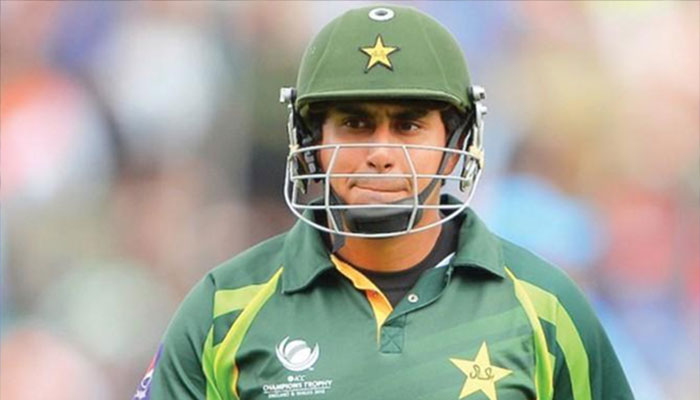
KARACHI/LONDON: The spot-fixing scandal of 2017 Pakistan Super League was exposed after an undercover British police officer, who posed as a member of corrupt betting syndicate, connected with a suspected bookie Yousef Anwar and Pakistani cricketer Nasir Jamshaid.
The police officer's work led to the uncovering of an attempted spot-fixing in the Bangladesh Premier League (BPL) 2016, and a successful spot fixing in the Pakistan Super League (PSL) in 2017, a court in Manchester was told.
In both the cases, an opening batsman in the Twenty20 tournaments had agreed to not score runs from the first two balls of an over, in return for payment, Manchester Crown Court was told.
Three people, including the former cricketer Jamshaid, were formally charged by the National Crime Agency in the United Kingdom for bribery. The hearing of the case began in Manchester yesterday.
Jamshaid, 33, was also said to be the target of bribery in the Bangladesh "two dot ball" plan. He then allegedly turned into a perpetrator as he encouraged other players to engage in spot-fixing at a PSL fixture in Dubai.
Anwar, 36, and Mohammed Ijaz, 34, pleaded guilty, so Jamshaid became the sole defendant on trial, as he denies being part of the conspiracy to fix in the game between Islamabad United and Peshawar Zalmi on February 9 in Dubai.
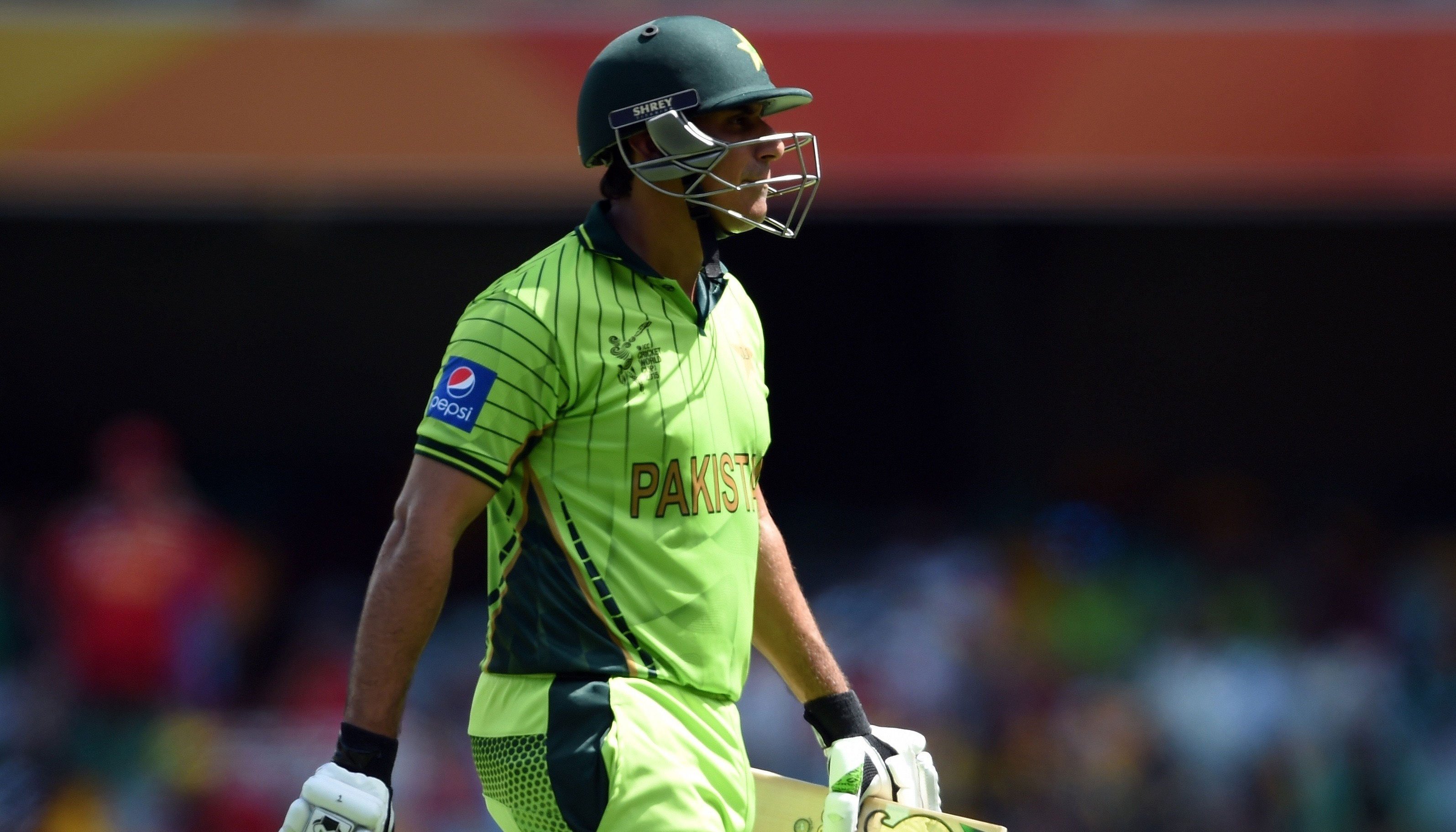
Opening the case on Wednesday, prosecutor Andrew Thomas QC said that two no-scoring balls in a match may not be that significant, but the fact that it was sold so high shows how much of a difference they can make.'
"The fact that the price for this fix was GBP30,000 shows just how significant it would be if tens and hundreds of thousands of pounds could be made through fraudulent bets,” he said.
He told the jury that the case arose out of an investigation by the National Crime Agency, and the undercover operative was introduced to Anwar who was suspected of involvement in match-fixing in international cricket.
Their first meeting was held in November 2016 where Anwar claimed that he had six players working for him in the BPL. He also admitted to being involved in spot-fixing for 10 years.
At another meeting at the same hotel, Anwar told the officer the names of “his players” including Jamshaid and fellow opening batsman Sharjeel Khan, who both played for the Rangpur Riders in the BPL.
The court was further told that Jamshaid later agreed to undertake a two-dot ball fix in a match against Dhaka Dynamites, but it was called off as he did not give all the pre-arranged signals.
READ MORE: PSL spot-fixing: 'Nasir Jamshed, suspect arrested in UK, released on bail'
In January 2017, Anwar met up with the undercover officer and Jamshaid in Birmingham, where Sharjeel Khan and a team-mate, Khalid Latif, were lined up for the next fix in the PSL.
Anwar flew out to Dubai, the court was told, to confirm the arrangements with the two Islamabad United players where it was agreed that Sharjeel would carry out the two-ball fix on February 9.
"It was a late night game. Shortly before midnight, Sharjeel came out to the crease to play. The pre-agreed signals were given and to confirm further, Anwar sent a message to the undercover officer to say 'we're on,” said Mr Thomas.
"Sure enough, at the start of the second over, Sharjeel scored no runs off the first two balls. To a casual observer it might have just looked like someone out-of-form playing some fairly average strokes. But it followed on from the signals and Sharjeel was doing precisely what he had promised to do,” he added.
Messages were sent between Anwar and Jamshaid immediately before and after the fix took place which included discussions about payment, as per the court.
After the game, Sharjeel Khan and Khalid Latif were questioned by the authorities, statements were taken, and their mobile phones were seized.
According to the prosecutor, when Khalid Latif's bag was searched, a number of colored grips — brought from the UK to Dubai by Anwar — were found.
The statement by the prosecutor also validates the initial claims by the Pakistan Cricket Board (PCB) as their sources said they had prior information about the pre-decided signals for the fix.
The PCB had immediately suspended Latif, Sharjeel and Jamshed for their involvement in corruption.
Sharjeel, after denying the charge for two years, admitted earlier this year of his guilt and offered an apology. His two and half years of total five year sentence were waived and he is now allowed to return to competitive cricket.
Both Latif and Jamshaid continue to deny the charges.
The trial, estimated to last up to three weeks, continues.





